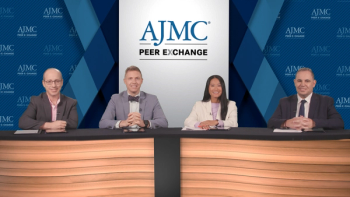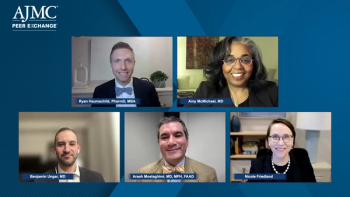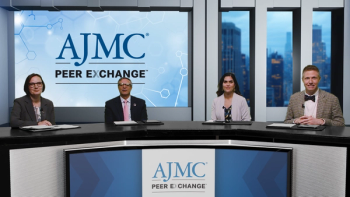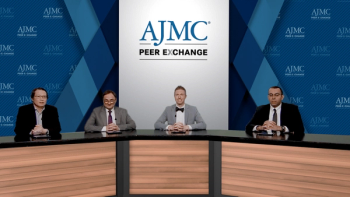
Panelists discuss the challenges and evolving landscape of step therapy protocols in hidradenitis suppurativa treatment, emphasizing the impact on patient adherence, the potential benefits of earlier biologic use, and the need for advocacy to improve access and outcomes.






